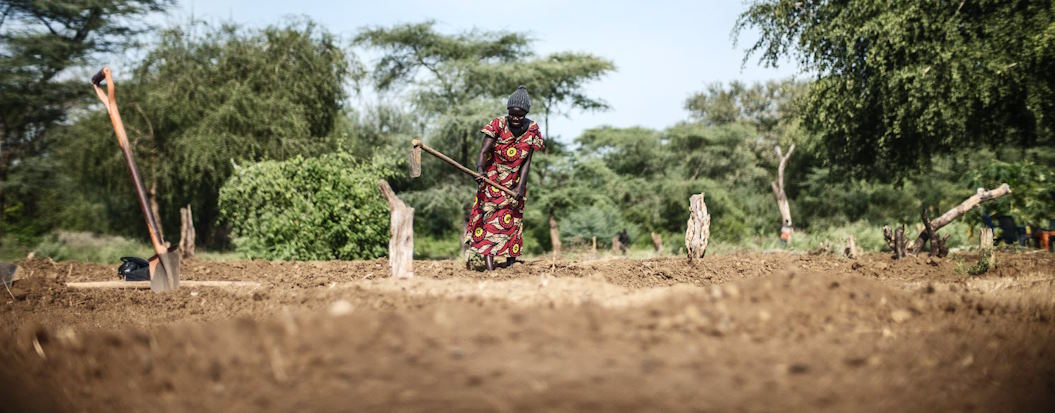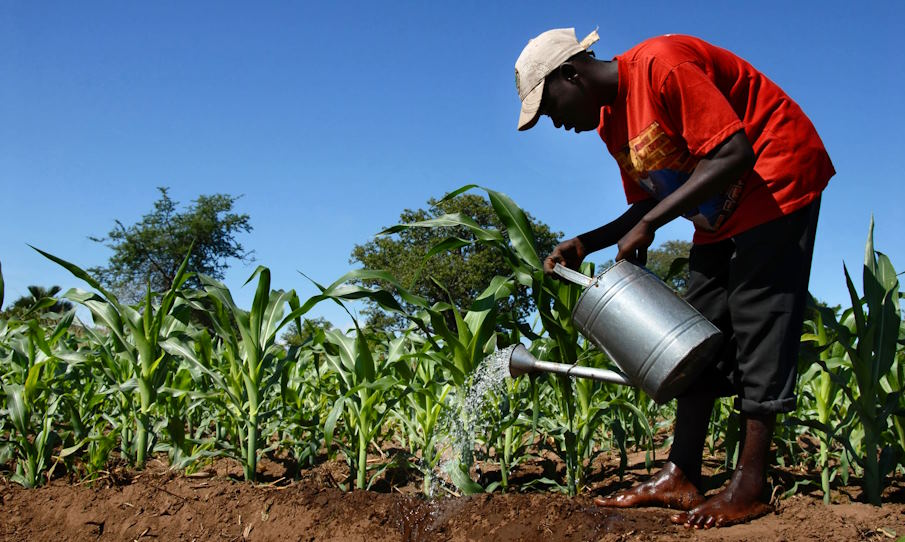Best Practices for Soil Conservation in African Farming

Soil conservation is essential for the sustainability of African farming systems. By adopting practices such as agroforestry, contour farming, cover cropping, conservation tillage, organic amendments, mulching, ISFM, and community-based programs, farmers can protect and enhance their soil resources. These practices improve soil health and productivity but contribute to food security, environmental sustainability, and the resilience of effective erosion control methods for African farms.
Agroforestry
Agroforestry, the integration of trees and shrubs into crop and livestock systems, is a highly effective soil conservation practice. Trees and shrubs help to stabilise the soil with their root systems, reducing erosion and improving soil structure. They also provide shade, which can reduce soil moisture loss and help moderate the microclimate.
Cover Cropping
Cover cropping involves planting cover crops such as legumes, grasses, and small grains during off-seasons or alongside main crops. Cover crops protect the soil from erosion, suppress weeds, and improve soil fertility through nitrogen fixation and organic matter. In Africa, popular cover crops include cowpeas, pigeon peas, and clover. These crops enhance soil health but provide additional food and fodder resources.

Contour Farming and Terracing
Contour farming involves ploughing and planting crops along the contour lines of a slope. This practice helps to slow down water runoff and reduces soil erosion. Terracing, which consists of creating stepped levels on slopes, is another effective method for controlling erosion on hilly terrains. Both practices help to conserve soil moisture and prevent the loss of fertile topsoil. The traditional vs. modern soil conservation practices in Africa are combined to implement contour farming and terracing.
Conservation Tillage
Conservation tillage, including no-till and reduced-till practices, minimises soil disturbance, reducing erosion and maintaining soil structure. Conservation tillage helps to improve water infiltration, reduce runoff, and enhance soil organic matter. In African farming systems, adopting conservation tillage can be challenging due to the need for specific equipment and knowledge, but its benefits for soil conservation are substantial.
Organic Amendments
Organic matter enhances soil structure, water retention, and nutrient availability, making soils more resilient to erosion and degradation. In African farming, using locally available organic materials can be a cost-effective and sustainable way to maintain soil fertility and productivity.

Integrated Soil Fertility Management (ISFM)
This approach involves applying the right type and number of fertilisers with organic amendments and soil conservation practices. ISFM helps to enhance nutrient availability, improve soil structure, and reduce nutrient losses. In African farming, promoting ISFM can help to balance the need for immediate productivity gains with long-term soil health.
Community-Based Soil Conservation Programs
In Africa, initiatives such as farmer field schools, participatory research, and cooperative farming groups. It has proven effective in innovative technologies for soil conservation in African agriculture and promoting soil conservation with sustainable agriculture. Successful soil conservation often requires collective action and community involvement. Community-based programs can share knowledge, resources, and labour and implement soil conservation practices on a larger scale.
Mulching
Mulching involves covering the soil with organic or inorganic materials to protect it from erosion, retain moisture, and suppress weeds. Organic mulches, such as straw, leaves, and crop residues, decompose over time, adding valuable organic matter to the soil. Mulching is particularly beneficial in regions with erratic rainfall patterns, as it helps to maintain soil moisture and reduce the impact of heavy rains.
